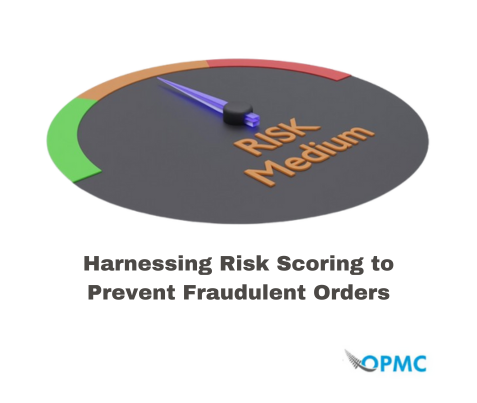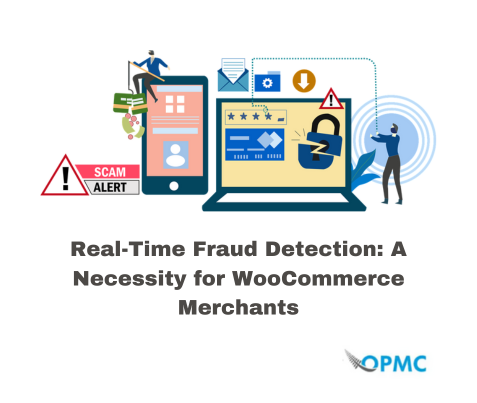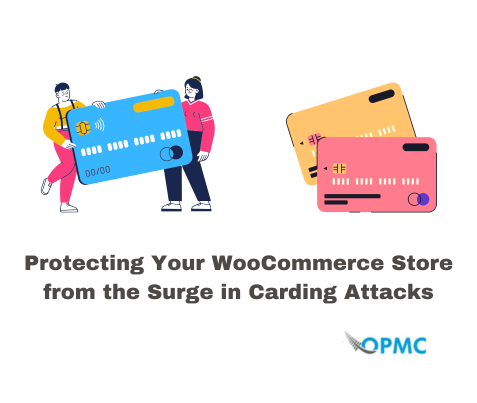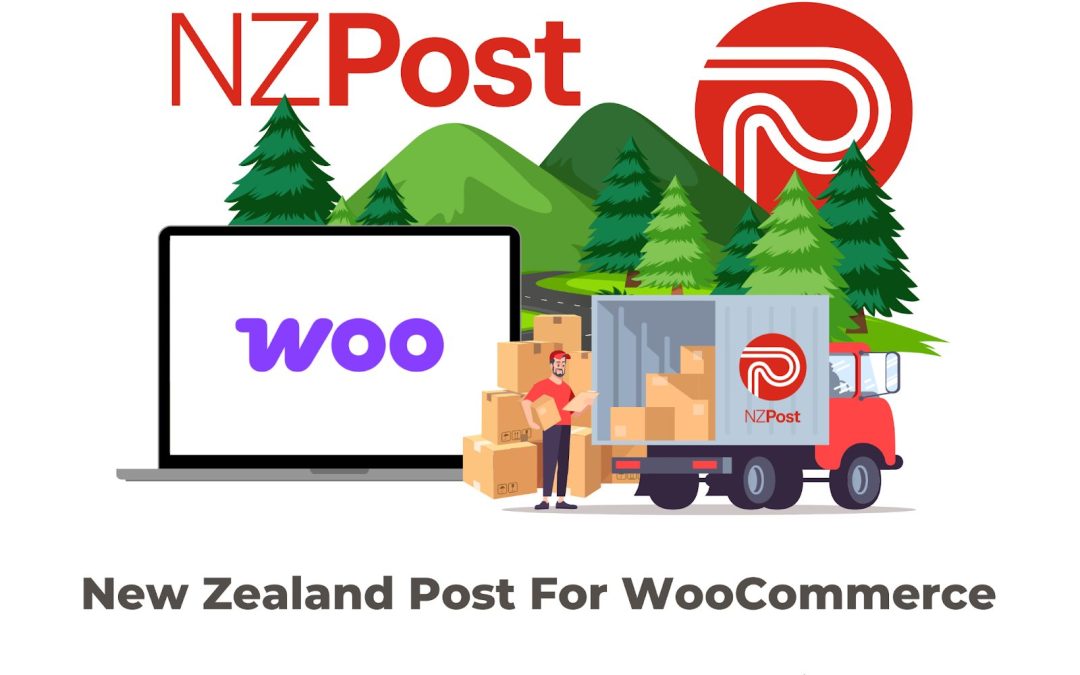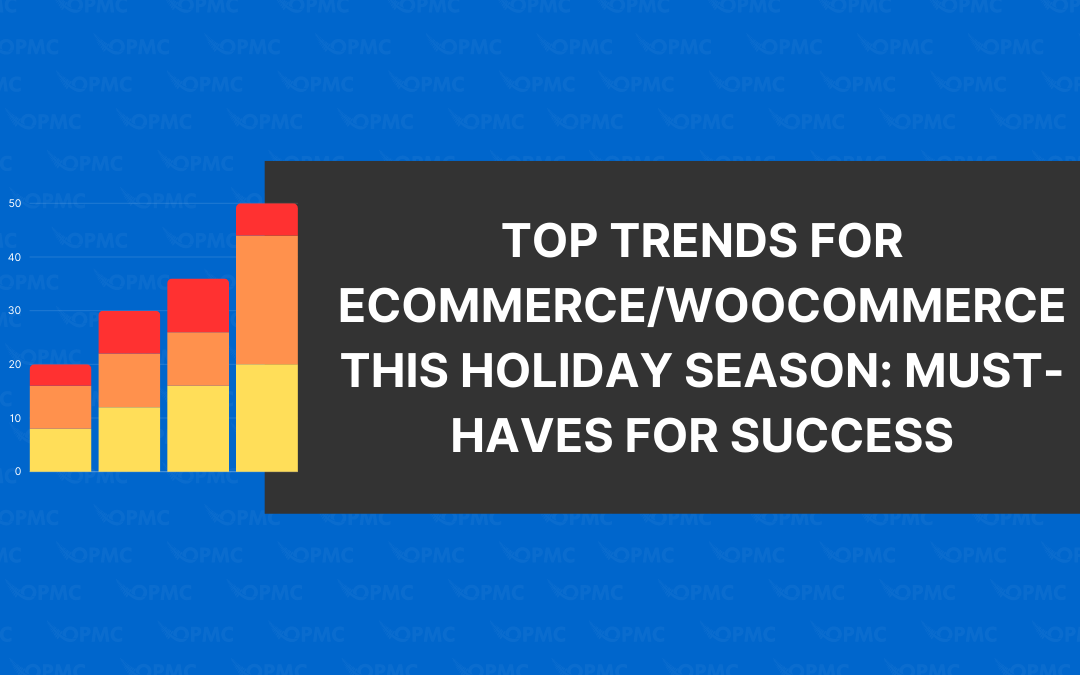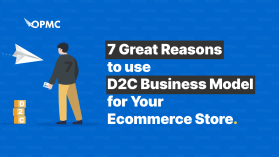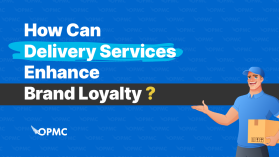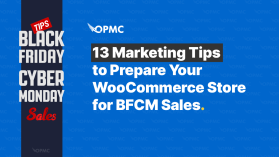If you’re an online business owner, it’s essential to understand the different types of ecommerce business models that exist so that you can choose one that works best for your company. This will help you create a stronger foundation for your sales and marketing strategy as well as improve customer satisfaction.
While not every online business will perfectly fit into one of the models we talk about below, it helps to better understand how your company is organized so you can identify the various competitive advantages you may already have.
As a creator of bespoke and highly efficient plugins for ecommerce platforms like Shopify, Big Commerce, Magento, and WooCommerce, our team at OPMC strives to find the best-matched solutions for many of the digital business models below.
What Exactly is an Online Business Model?
An ecommerce business model is the particular arrangement of a business that enables it to thrive in the online marketplace. The ecommerce business model you choose will be based on your goals and resources, as well as your own unique circumstances.
The right choice will determine your store’s success, so it’s important to identify which one is right for you before getting started with an online shop. Simply put, this is the formula you will use to build value and earn revenue.
How Does a Business Model Help?
It comes down to learning more about how you are operating. You are trying to figure out how your business navigates the space and targets a niche market where you hope to establish a solid foundation. Some of the advantages include:
Creating a Business Plan
The first thing you need to do when starting an ecommerce business is to create a business plan. Using an online business model provides the outline for every topic and idea you will be leveraged to improve your current and future operations.
Leveraging Advantages
The most important thing to remember about advantages is that they are not necessarily good or bad. They’re just differences between you and your competitors. You want to use the business model to identify the strengths and weaknesses of your company compared to other ecommerce businesses in the market.
What makes you different? Why should customers choose you over other companies? Use this information when creating marketing strategies and promotional events highlighting your unique qualities as an online business owner or manager.
Deliver Better Customer Service
A proper business model helps identify the target market you wish to serve and what pain points they are experiencing. This way, you can better deliver customer service that cultivates loyal brand ambassadors out of tentative warm leads.
Does Every Online Store Fit into a Specific Model?
While there are dominant models, you’ll find that most online stores use elements of multiple business models. This is because different ecommerce business models work for different types of businesses and industries.
For example, some businesses need to focus on growth with specific manufacturers above all else, while others might need to be more concerned with retail profitability or revenue.
In the end, it’s up to you to figure out what works best for your business—and there are many business model tools and resources available so that you can do just that.
Top 5 Ecommerce Business Models
1 – Business-to-Business (B2B)
The first type of ecommerce business is the Business-to-Business. In this model, the seller and buyer are both businesses. Your online store doesn’t sell products directly to regular people, but to some form of enterprise. An example of a B2B business would be if you sold fruit trees to farmers looking to grow their own crops.
This is a fantastic way to build customer relationships because the better experience you provide your business clients, the happier they will be to gain stability and return frequently.
2 – Business-to-Consumer (B2C)
Business-to-consumer (B2C) is one of the most common types of ecommerce business models. It’s used by businesses that sell products or services directly to consumers. B2C businesses are online retailers. You’ve likely seen them before. Think Gap, Old Navy, or H&M. These are all retailers with online ecommerce wings that sell directly to consumers.
The more you develop brand awareness, the broader your potential target grows. You can start with a small capital investment, but that is dependent on inventory requirements.
3 – Direct-to-Consumer (DTC)
With this ecommerce business model, there is no intermediary negotiating on anyone’s behalf. You are likely a producer of goods, selling directly to a consumer with nothing in between. This is a direct transaction like a self-published author selling to their target audience or a private organic farm selling to local buyers.
When you sell directly to consumers, you get much more control over your business and have very few barriers to entry. The difference is you have to lean hard into marketing to grow a loyal fan base.
4 – Consumer-to-Business (C2B)
In a C2B model, the consumer buys products from a business for personal use or for resale later. The result is a middleman between the buyer and seller.
This type of ecommerce business can be especially lucrative because the companies you’re targeting tend to have a lot of disposable revenue the larger they get. Many service oriented online ecommerce stores are C2B. This could be freelancers, influencers, private digital marketing agencies, and writers.
Most of the time, you’ll find these online business models promote multiple projects simultaneously where the seller sets the rate more than the marketplace.
5 – Consumer-to-Consumer (C2C)
You guessed it, this is a person-to-person type of market. Think of selling a used car to someone in need via Facebook Marketplace. Anything you can create, modify, or build can be sold on a wide variety of ecommerce platforms to other buyers who are just like you.
This offers a great deal of price flexibility with minimal operating costs, making it popular for many entrepreneurs getting their feet wet in the online store world.
Business Organization Improves Sales
Ecommerce business owners can decide on their own preferred model to be able to sell online. The best part is that you can choose from various models, and even mix and match them in a way that suits your business goals and customers’ expectations.
You are free to evaluate the current situation, identify your strengths and weaknesses, and then decide which model will work best for you.
It can be overwhelming at first, but having an organized business will help facilitate better sales and profits. An unorganized store without a business model in mind makes it harder for customers to find exactly what they’re looking for, which in turn leads them elsewhere—or worse yet, keeps them from purchasing anything at all.
How do We Help?
Every ecommerce business owner’s challenge is finding a model that best matches their needs. At OPMC, we offer many ecommerce platform plugins, apps, and extensions that empower your online store to grow through automation.
That means anti-fraud plugins for B2C businesses with a massive client base or accounting for B2B sellers with a lot of sales volume. Whatever your need, our team at OPMC can help. Visit our storefront today and build a successful ecommerce business model so you can grow tomorrow!
Download plugins for a successful ecommerce business model
Empower your online store to grow through automation.

